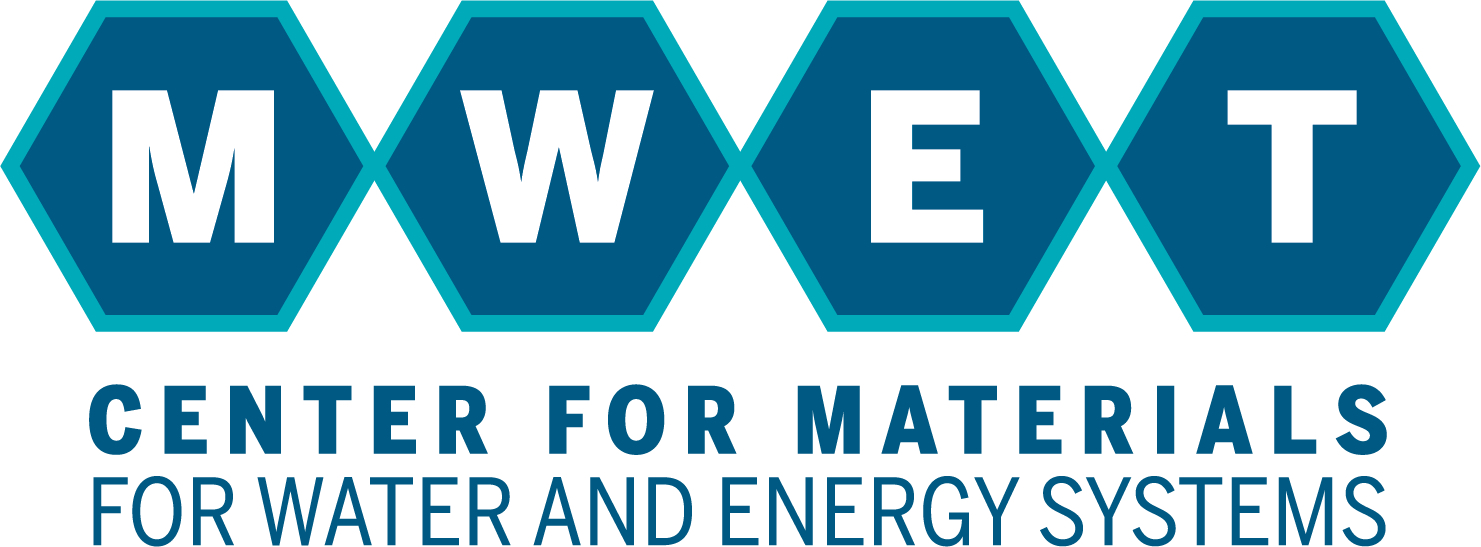
Date, Time, and Location
November 21, 2024, 1:00 – 2:00pm CDT, EER 3.640/3.642 or by Zoom: 828 685 7838
Abstract
Proton and Hydroxide Conducting Polymers for PEM-fuel Cells and Electrolyzers: Nafion and Beyond
PEM-fuel cell and electrolyzer technologies are making use of membranes which efficiently separate the electrochemically active species (H2 and O2) and mediate the electrochemical reactions taking place at anode and cathode by conducting either protons or hydroxide ions. Apart from these key properties, many other especially stability requirements render the development of such membranes a formidable one!
This lecture provides insights into the interactions controlling the characteristic nano-morphology of Nafion membranes and how this translates into hydration and transport properties of this benchmark material. Dr. Kreuer will then address other ion-conducting-membranes which are currently under development for meeting the requirements of specific applications: i) hydrocarbon proton exchange membranes (PEM) not only show improved gas-barrier properties under electrolyzer conditions, their use is also anticipating the expected PFAS ban, ii) anion-exchange-membranes (AEM) promise the use of non-noble-metal electro-catalysts and iii) HT-PEM using phosphoric acid as proton conducting medium allows for increased operation temperature significantly reducing cooling-requirements and allowing for the use of reformates derived from liquid fuels such as methanol.
Biography
Klaus-Dieter Kreuer: After receiving his Diploma in Mineralogy at the University of Cologne (1979), KDK did a PhD in Chemistry at the University of Stuttgart (1982). As a fellow of the German National Merit Foundation he benefited from a research stay at the California Institute of Technology (group of R.W. Vaughan, 1978) and a Max-Planck award (Otto Hahn Medal) allowed him to join the Massachusetts Institute of Technology (1983-1984) as a visiting scientist. Later, KDK built a R&D group within a Swiss-German company (Endress & Hauser) before re-joining the Max-Planck-Institute for Solid State Research (1992), where he assisted J. Maier building his new department. Since 1990, KDK is a lecturer of Material Science at the University of Stuttgart from which he received his Habilitation Degree (1999). During a sabbatical-leave at CEA-Grenoble, KDK also established research contacts to ILL and ESRF. After reaching the age-limit (2021), KDK is keeping a guest position at the Max-Planck-Institute with a second affiliation at Hahn-Schickard in Freiburg.

